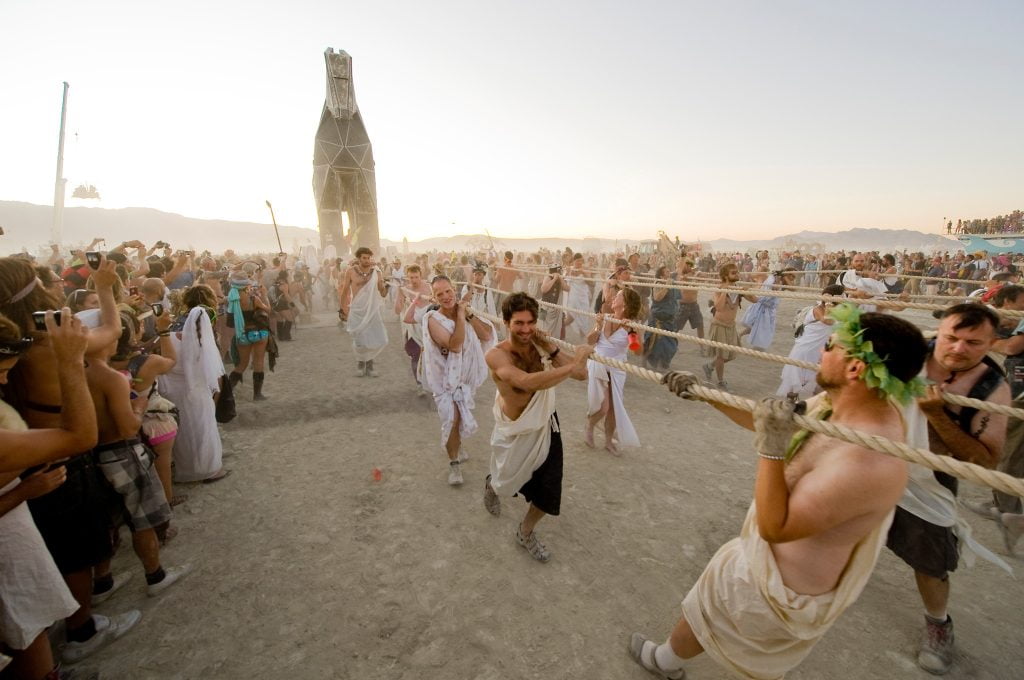The Lantern Festival, also known as Yuan Xiao Jie, is a mesmerizing celebration that marks the end of Chinese New Year festivities. If you’re wondering, “When is the Lantern Festival?” mark your calendar for the 15th day of the first lunar month. This spectacular event, dating back over 2,000 years, involves colorful lantern displays, delightful performances, and delicious traditional foods. Families and friends gather to admire the illuminated lanterns and partake in various activities, such as solving riddles and enjoying fireworks. Join us on a journey to discover the rich cultural heritage and significance of the Lantern Festival in this illuminating blog post.
The VIEWS of Water Lantern Festival >>>>> pic.twitter.com/n4uUDPTmgu
— Water Lantern Festival (@water_lantern) June 11, 2024
Introduction to the Lantern Festival
The Lantern Festival marks the end of the Chinese New Year celebrations and is a vibrant, illuminating event filled with cultural significance and traditions. This annual festival, also known as Yuan Xiao Jie, usually falls on the 15th day of the first month in the lunar calendar, which is when the full moon appears.
Origin and History
The origins of the Lantern Festival can be traced back over 2000 years ago to the Han Dynasty. It is said that the festival began as an imperial tradition during the reign of Emperor Wu of Han, where the palace would be adorned with lanterns to worship the Buddha on the 15th day of the first lunar month.
As time passed, the festival evolved to include various cultural activities such as lantern making, dragon and lion dances, and the release of sky lanterns into the night sky.
Modern Celebrations
In modern times, the Lantern Festival is celebrated not only in China but also in many other countries with significant Chinese populations. It is a time for families to come together, exchange greetings, and enjoy the spectacle of colorful lanterns lighting up the night.
During the Lantern Festival, traditional foods such as Tangyuan (sweet glutinous rice balls) are consumed to symbolize family unity and prosperity.

Significance of the Lantern Festival
The Lantern Festival, also known as Yuan Xiao Jie in China, marks the end of the Chinese New Year celebrations. In 2022, the Lantern Festival falls on February 15th, being the first full moon of the new year. This vibrant and colorful festival holds immense cultural and historical significance.
Symbolism and Tradition
During the Lantern Festival, families gather to enjoy the sight of beautifully crafted lanterns, symbolizing hopes and dreams for the coming year. The lanterns are often adorned with riddles, adding an element of fun and intellectual challenge.
Moreover, the festival is steeped in tradition, with activities like dragon dances and releasing sky lanterns signifying the casting away of the old and welcoming the new with a sense of renewal.
Historical Roots
The origins of the Lantern Festival date back over 2,000 years to the Han Dynasty. It is said to have originated as a way to worship the heavens, with lanterns used to signal the end of winter and the ushering in of spring.
Today, the festival continues to honor this tradition while also serving as a time for families to come together, reunite, and bond over shared customs.
History of the Lantern Festival
The Lantern Festival, also known as Yuan Xiao Jie, is a significant traditional Chinese festival celebrated on the fifteenth day of the first month in the lunar calendar, marking the end of the Chinese New Year celebration. The festival’s origins can be traced back over 2000 years to the Han Dynasty. Historically, the festival was a time to worship and offer sacrifices to Taiyi, the God of Heaven, in hopes of a good harvest and warding off evil spirits. It later evolved into a celebration of the family reunion and the end of winter.
Evolution of Lantern Festival
Over time, the Lantern Festival transformed into a vibrant event with various cultural activities, the most notable being the lighting of lanterns. In ancient times, lanterns were simple and made of paper, but today, they come in all shapes, sizes, and colors, showcasing intricate designs and craftsmanship.
The Lantern Festival has become a symbol of hope, happiness, and prosperity for the year ahead, with families and friends gathering to enjoy the spectacle of lantern displays, dragon dances, and traditional performances.
Modern Traditions
In modern times, the Lantern Festival has taken on new traditions and customs. People write riddles on lanterns for others to solve, symbolizing the passing of knowledge and wisdom. Tangyuan, sweet glutinous rice balls, are also a popular treat during the festival, representing family unity and harmony.
- Attending outdoor lantern exhibitions
- Lighting and releasing sky lanterns
- Enjoying festive foods and performances

Traditions and Customs
The Lantern Festival, which is also known as Yuan Xiao Jie in Chinese, is celebrated on the 15th day of the first month in the lunar calendar. This day marks the first full moon of the lunar new year and signifies the end of the Chinese New Year celebrations.
Origins of the Lantern Festival
The tradition of the Lantern Festival dates back over 2,000 years to the Han Dynasty. It is believed that the festival originated from the ancient worship of the lunar goddess and evolved into a time of family reunions and social interactions.
During the Lantern Festival, families gather to admire the brightly colored lanterns that illuminate the night sky. These lanterns come in various shapes and sizes, symbolizing good fortune and happiness for the coming year.
Customs and Activities
One of the main customs of the Lantern Festival is the lighting of lanterns. People write their wishes and prayers on the lanterns before releasing them into the sky, believing that as the lanterns float away, their wishes will be carried to the heavens.
Another popular activity during the Lantern Festival is solving riddles on lanterns. Lanterns often have riddles written on them, and those who can solve the puzzles are believed to have good luck for the rest of the year.
- Eating Tangyuan: Tangyuan, a type of sweet rice dumpling, is a traditional food eaten during the Lantern Festival. It symbolizes family unity and togetherness.
- Dragon and Lion Dances: Colorful dragon and lion dances are performed on the streets to ward off evil spirits and bring good luck. Loud drums and cymbals accompany the rhythmic movements of the dancers.
Frequently Asked Questions
- What is the Lantern Festival?
- The Lantern Festival is a traditional Chinese festival that marks the end of the Chinese New Year celebration. It is also called the Yuan Xiao Festival.
- When is the Lantern Festival usually celebrated?
- The Lantern Festival falls on the 15th day of the first month in the lunar calendar. It typically takes place in February or March in the Gregorian calendar.
- What is the significance of the Lantern Festival?
- The Lantern Festival symbolizes the coming of spring, the reunion of family, and the hope for a good future. It is a time for people to make wishes and celebrate with lantern displays and other festivities.
- How is the Lantern Festival celebrated?
- People celebrate the Lantern Festival by lighting and displaying various kinds of lanterns, solving riddles on the lanterns, enjoying traditional performances, and eating glutinous rice balls called Tangyuan.
- Are there any specific traditions associated with the Lantern Festival?
- Some traditional activities during the Lantern Festival include releasing sky lanterns, dragon dances, lion dances, and carrying brightly lit lanterns while walking the streets.
Final Thoughts: Illuminate Your Calendar with the Lantern Festival
In conclusion, the Lantern Festival falls on the 15th day of the Lunar New Year, marking the first full moon of the lunar calendar. This vibrant and illuminating celebration is deeply rooted in Chinese culture, symbolizing the coming of spring, unity, and good fortune. It is a time for families and friends to come together to enjoy dazzling lantern displays, delicious food, and traditional performances. By marking your calendar for this enchanting event, you can partake in a centuries-old tradition that lights up the night sky with beauty and meaning. So, make sure to plan and immerse yourself in the magic of the Lantern Festival next year!




